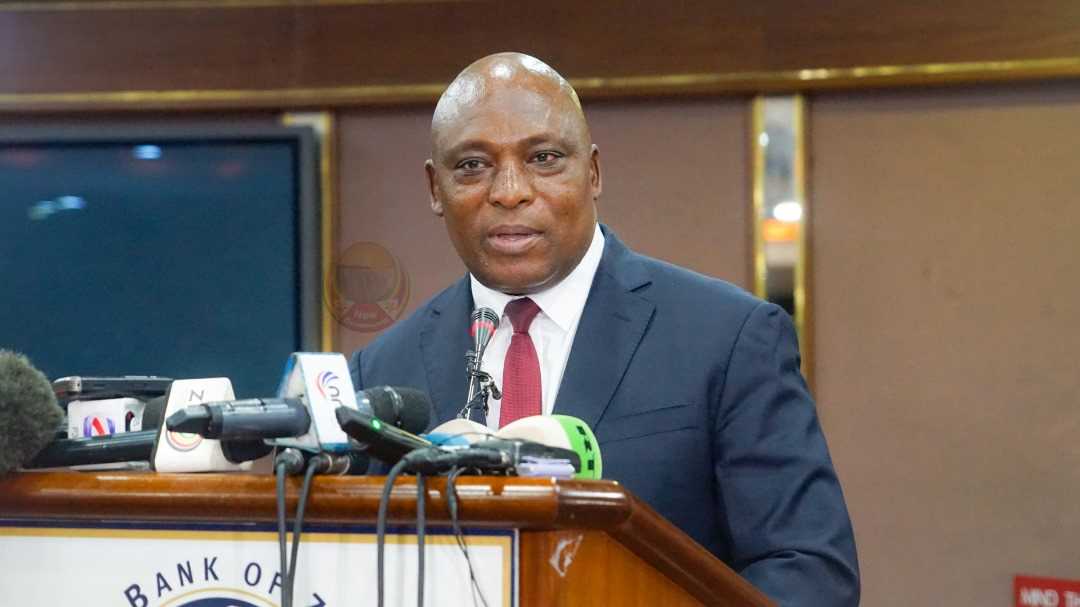
Oscar J Jeke- Zim Now Reporter
Mounting frustration over Zimbabwe’s steep banking charges has triggered renewed calls for reform, with the Reserve Bank of Zimbabwe acknowledging stakeholders’ concerns and pledging to press banks to adopt fairer pricing models.
Stakeholders have warned that high transaction fees are discouraging formal banking, raising the cost of financial management, and deterring depositors from keeping foreign currency in local banks.
Critics argue that exorbitant charges are undermining financial inclusion and eroding confidence in the banking system.
In response, the RBZ said it is engaging the Bankers Association of Zimbabwe through “moral suasion” to encourage banks to lower fees and shift toward more customer-friendly practices.
“Through moral suasion, the Reserve Bank continues to urge the BAZ on pricing policies,” the central bank noted, adding that this approach seeks to foster a financial sector that is both accessible and growth-oriented.
RBZ Governor Dr. John Mushayavanhu has previously urged banks to reduce reliance on fee income and refocus on lending. His 2025 Monetary Policy Statement revealed that fees accounted for 22 percent of banks’ income, while lending contributed only 13.46 percent.
Economist Tinevimbo Shava said banks had drifted from their core business of lending and were using charges to offset low credit activity. “Banks are no longer involved in their core business, which is to lend money. In the circumstances, they have resorted to high bank charges to compensate for low lending levels,” he said.
Economist Dr. Langton Mabhanga described the charges as “excessively high and burdensome,” warning that banks were damaging their own competitiveness.
“Regrettably, the banks are taking advantage of the inelastic demand for their services… in the long run, this strategy will compromise their competitiveness,” he argued.
Public anger has also been stoked by high-profile complaints. Norton legislator Richard Tsvangirayi recently criticized the system on social media, citing an example where withdrawing US$1 via EcoCash and Stanbic Bank cost US$2 in flat fees.
“You’re paying more than double just to touch your own money. And we wonder why people hide cash under pillows—this is why. Financial inclusion? Just a slogan. Our banks are actively sabotaging the economy,” Tsvangirayi wrote, adding that pensioners and vendors were the hardest hit.
Leave Comments